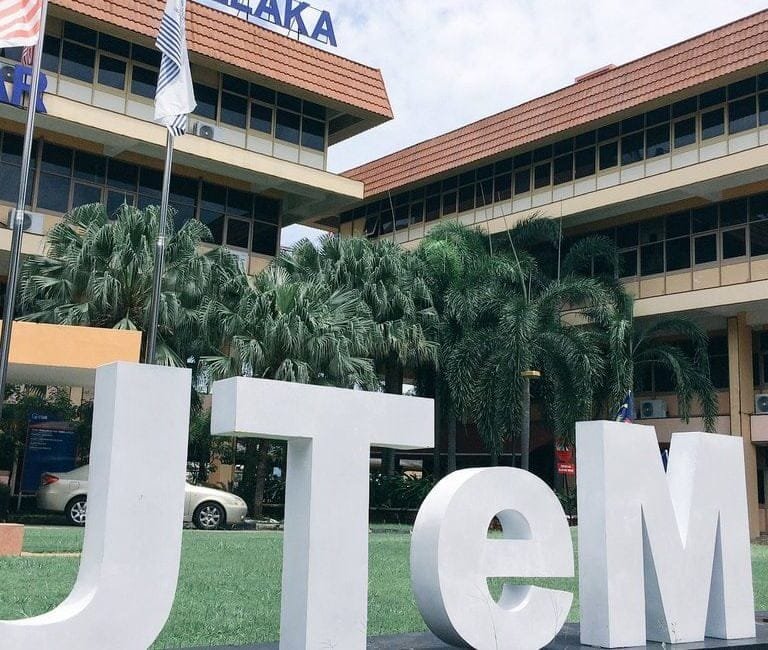An overview of the criminal sciences major
Forensic science is a branch of criminal science that studies and researches several areas related to crime and criminal justice. This specialty is concerned with analyzing forensic evidence, studying the behaviors of criminals, understanding methods of committing crimes, and providing scientific and technical services to support the judiciary and achieve justice.
The field of criminal science specialization is diverse and includes several sub-fields, including:
- Forensic analysis: This aspect studies how to collect forensic evidence and analyze it using various scientific techniques such as chemical and genetic analysis and genetic fingerprinting.
- Crime Behaviors: This aspect focuses on studying the reasons for committing crimes, patterns of criminal behavior, and criminal psychology.
- Criminal Law: This aspect deals with the study of laws and legislation related to crime and penalties, and the analysis of the application of the law in criminal cases.
- Judicial techniques: This aspect includes studying the use of technology and technical tools in collecting, analyzing, and presenting evidence before the judiciary.
- Forensic behavioral sciences: This aspect examines the psychological and social factors that influence the behavior of criminals and crime victims.
Skill requirements for the criminal science major
- Scientific analysis: Ability to analyze forensic evidence accurately and effectively using appropriate scientific methods and techniques.
- Research and investigation: The ability to conduct research and investigations in a systematic and organized manner to collect and analyze evidence and draw conclusions.
- Technical skills: The ability to use advanced technology and technical tools to collect and analyze evidence, such as imaging devices and genetic analysis.
- Ability to communicate: Ability to communicate effectively with work teams, police, lawyers, judges and the public, and present technical testimony in a clear and understandable manner.
- critical thinking: Ability to think critically, analyze data and evidence independently, and make informed decisions based on available evidence.
- Legal skills: An understanding of the laws and legal systems relating to crime and criminal justice, and the ability to apply them correctly in investigations and legal proceedings.
- Teamwork: Ability to work within multidisciplinary teams and collaborate with colleagues to achieve specific goals.
- Psychological endurance: Ability to handle difficult and emotionally impactful situations that investigators and criminal justice professionals are exposed to.
Number of years of study in criminal sciences
The duration of study in the field of forensic science varies depending on the study program and the institution offering it. Typically, the study to obtain a bachelor's degree in this field lasts for four years, and may be longer depending on the dual programs or curricula of each university.
Mostly, the forensic science major includes a set of basic subjects in the field of forensic science, along with subjects in the natural sciences, mathematics, and social sciences, with the aim of providing students with the skills and knowledge necessary to analyze the different dimensions of forensic science.
The most important universities to study criminal sciences
in the Arab world:
- Prince Sattam bin Abdulaziz University in the Kingdom of Saudi Arabia.
- Cairo University in Egypt.
- United Arab Emirates University in the Emirates.
- Jinan University, Morocco.
- Al-Balqa Applied University in Jordan.
Globally:
- John Jay Jay International University in the United States.
- George Mason University in the United Kingdom.
- University of Leeds in the United Kingdom.
- University of Zurich in Switzerland.
- University of Amsterdam in the Netherlands.
Universities and enrollment fees:
| University Name | Class | Academic duration | Annual tuition fees | more details |
| Help University | Bachelor of Law / Bachelor of Law | 3 years | $4,148 | more details |
| UKM National University | Bachelor of Law with Honors / Bachelor of Law with Honors | 4 years | $4,017 | more details |
| Taylor University | Bachelor of Law / Bachelor of Law | 3 years | $10,398 | more details |
| Taylor University | Master of Laws / Master of Law | 1.6 years | $9,695 | more details |
| Taylor University | Master of Law (Healthcare and Medical Law) / Master of Law (Healthcare and Medical Law) | 1.6 years | $12,478 | more details |
| MSU University | Bachelor of Law and Commerce (Hons) / Bachelor of Law and Commerce (Hons) | 3 years | $3,305 | more details |
| IIUM Islamic University | Bachelor of Law (Hons.) – Bachelor of Law(Hons.) – LL.B | 4 years | $3,818 | more details |
| IIUM Islamic University | Bachelor of Shariah Law (Hons.) / Bachelor of Law Shariah (Hons.) | 4 years | $3,818 | more details |
| UUM Uttara University | LLB Hons / LLB Hons | 4 years | $2,500 | more details |
The most important subjects you study in the criminal sciences major
Despite the diversity of universities and educational programs, there are some basics that are necessary in every university and that must be studied in any educational program specializing in forensic sciences.
- Introduction to Forensic Sciences: It gives an overview of the field of forensic science, its history, and forensic research and analysis methods.
- Human anatomy: Students learn about the structure and function of different parts of the human body, and this knowledge can be useful in understanding physical evidence in criminal investigations.
- Forensic chemistry: Students study analytical, organic and inorganic chemistry which helps them understand and analyze evidence related to crimes.
- Fingerprinting and genetic analysis: Students learn how to identify fingerprints and use genetic techniques for identification and analysis of genetic evidence.
- Digital evidence: Students learn how to use technology to collect and analyze digital evidence in order to understand Internet-related crimes and track cybercrime.
- Criminal investigation: Students learn the processes of criminal investigation, including collecting evidence, analyzing it, and providing testimony in court.
- Criminal Law: Students study the laws and regulations that govern legal processes and the penalties for crimes.
- Criminal Psychology: Students learn about criminal behavior, factors that influence the commission of crimes, and psychological investigation processes.
Job opportunities and career paths for graduates of the Forensic Sciences major
Graduating criminal scientists can work in many fields such as the police, the Public Prosecution, criminal laboratories, and governmental and private institutions concerned with law enforcement and the provision of judicial services. The Forensic Sciences major is important in achieving justice and ensuring the safety of society.
Advantages of specializing in criminal sciences
The criminal sciences specialty is one of the most important specializations in various fields of work, and the most important systems of all countries, including the judiciary, the police, and also medicine, depend on it. This gives it several advantages, including:
- Diverse career path: The Forensic Sciences major provides multiple career opportunities in various sectors such as the police, public prosecution, judiciary, law firm, private sector, and governmental and non-governmental organizations concerned with criminal justice.
- Analyzing and interpreting evidence: It allows graduates to understand the processes of collecting and analyzing evidence in a scientific and accurate manner, which is very important for achieving justice and providing legal evidence.
- Developing scientific and technical skills: Students can develop skills in forensic analysis techniques and make effective use of advanced technology in collecting and analyzing evidence.
- An opportunity to contribute to society: It provides students with the opportunity to contribute effectively to community service by helping to solve crimes and achieve justice and safety.
- Achieving justice: The forensic sciences major is an essential part of the criminal justice system, as it helps analyze evidence and provide recommendations that contribute to proving crimes and achieving justice.
- Diversification of knowledge: This major gives students the opportunity to study multiple subjects such as forensic chemistry, forensic psychology, and digital evidence technology, which expands their circle of knowledge and enhances their specialization.
- Increasing demand in the labor market: With the increase in crimes and technological developments, the demand for forensic science experts in various fields is increasing, providing stable and lucrative job opportunities for graduates.
















